Filter 0
Application
0Market
0Reactor Type (Organic Loading Rate)
0
ADI® Anaerobic Membrane Bioreactor (AnMBR)
The latest innovation in biological wastewater treatment.
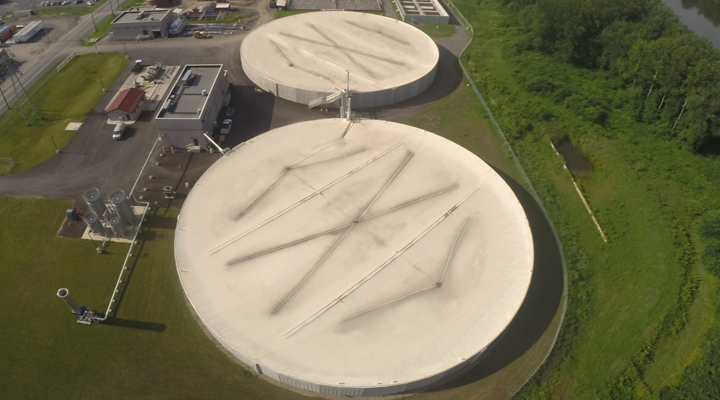
ADI-BVF® reactor
Anaerobic digestion system that offers very stable, robust wastewater treatment and biogas generation under a wide range of operating conditions.
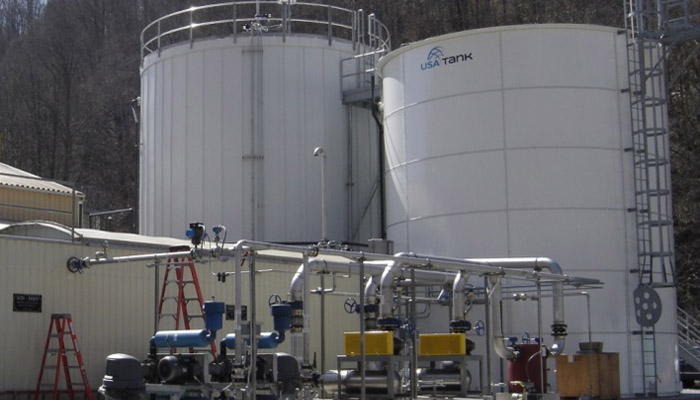
ADI® Continuously Stirred Tank Reactor (CSTR)
Moderate-rate, complete-mix, anaerobic digestion process
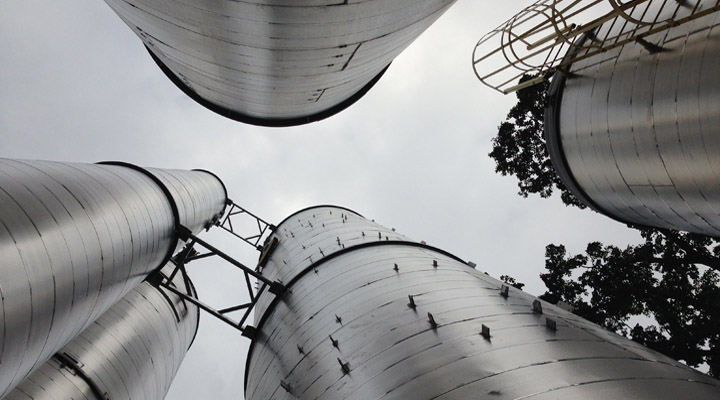
ADI® External Circulation Sludge Bed (ECSB)
High-rate anaerobic digestion system that uses granular biomass to treat wastewater.
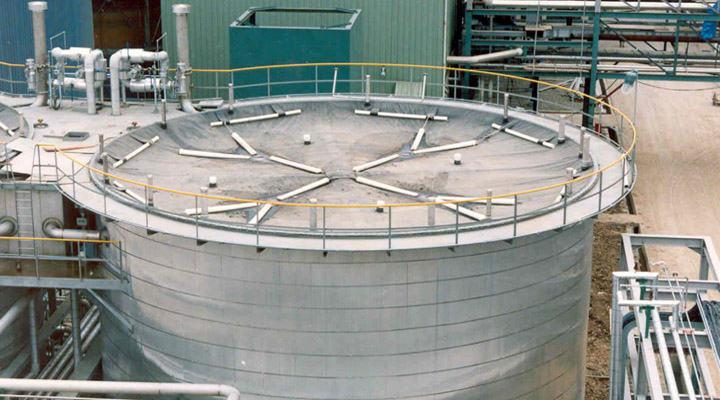
ADI® Hybrid Reactor (Hybrid)
Anaerobic digestion system sized to work at medium volumetric load conditions.
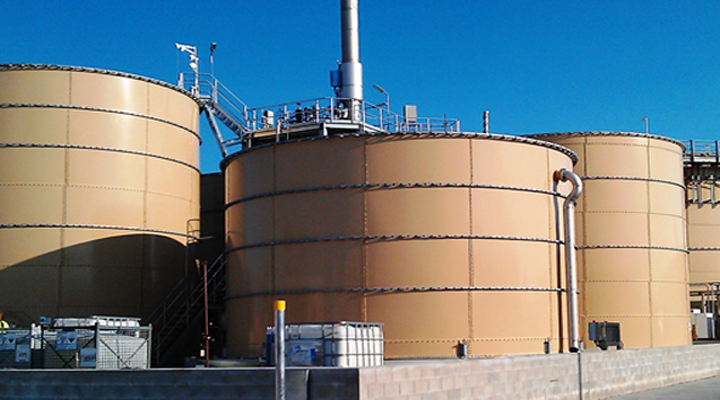
ADI® AnDGF
Anaerobic Treatment Process using Dissolved Gas Flotation (DGF) process as pretreatment

Tube in Tube Sludge Heat Exchanger
Heat exchangers for sludge heating and cooling applications
